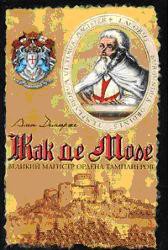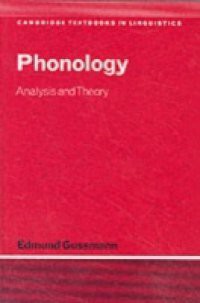In God's Democracy, Emilio Gentile argues that the presidency of George W. Bush sought to alter the way religion functions in American political life. Prior to the events of 9/11, the national government operated under a civil religious regime that placed a sacred umbrella over the entire country and its leading political figures. American civil religion was not only an inclusive faith, but one that provided ample room for citizens with different politics and different world views. But in the wake of 9/11, President Bush used religion to differentiate Americans on partisan lines. Relying heavily on his evangelical Christian base, he attempted to substitute for the inclusivism of the traditional American civil religion an exclusivist political religion in which Democrats were portrayed as hostile to religious values and incapable of dealing with the country's foreign enemies. This book provides the historical context for this attempted transformation, and shows in a detailed way how the Bush administration pursued it. Gentile concludes by posing the question of whether this radical shift in the way Americans understand themselves religiously will prove permanent.Unlike other works that strive to show how religion has generally come to be treated in American politics, this new book looks more squarely at the Bush Administration and its attempt to shut out Democrats from the political process by invoking religious language and ideals. He goes on to consider the political exclusivism and whether or not it will persist beyond Bush's tenure.



















